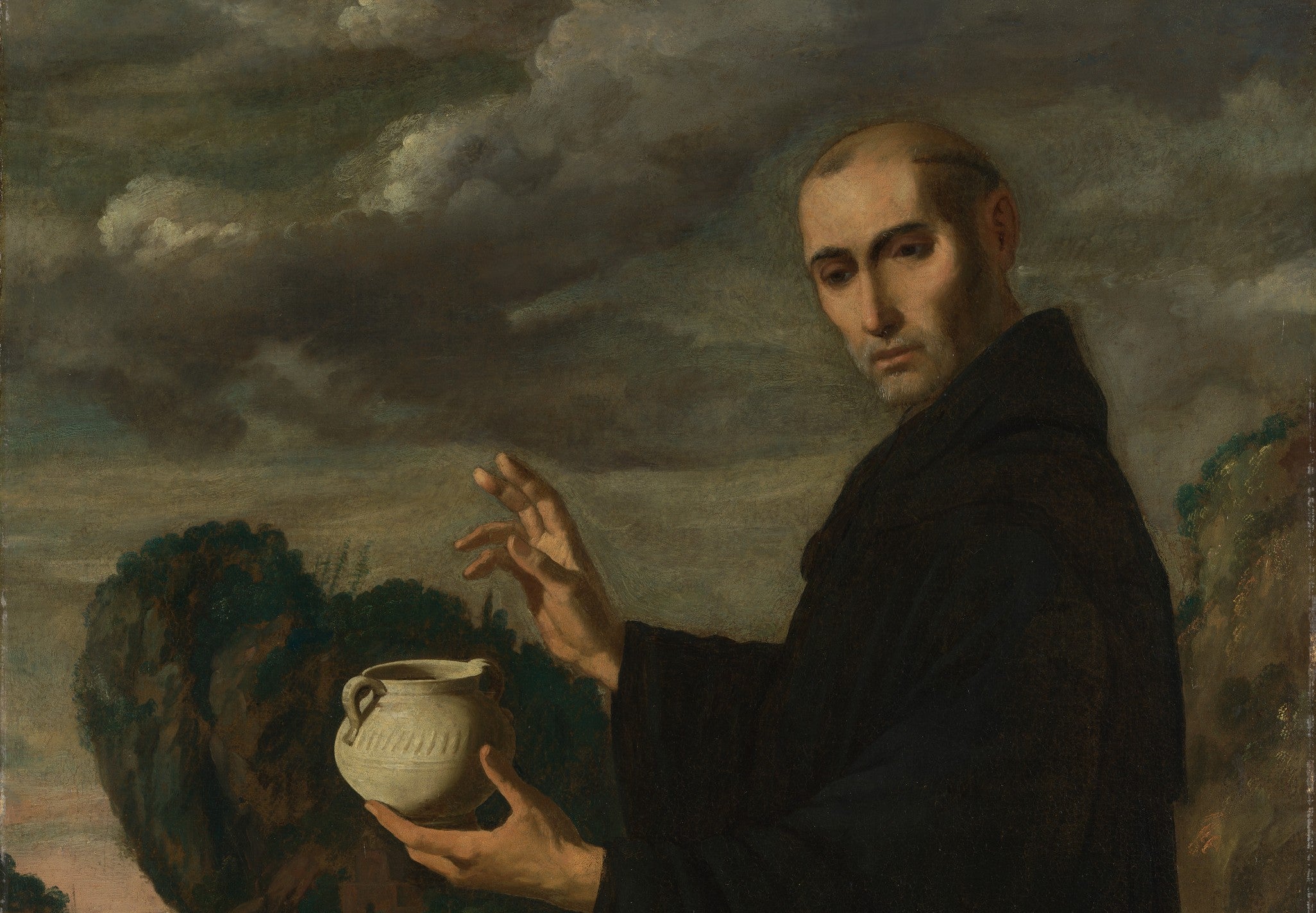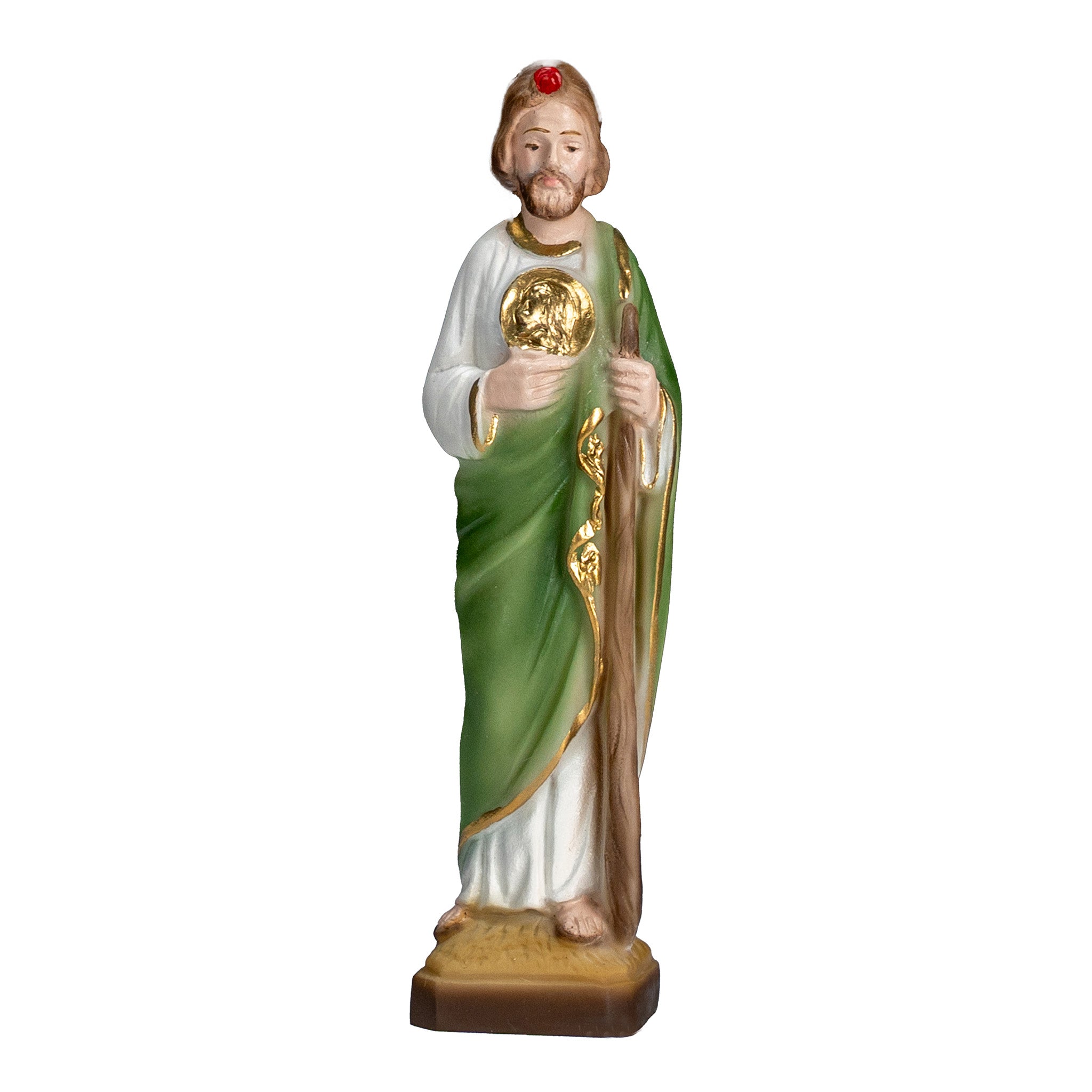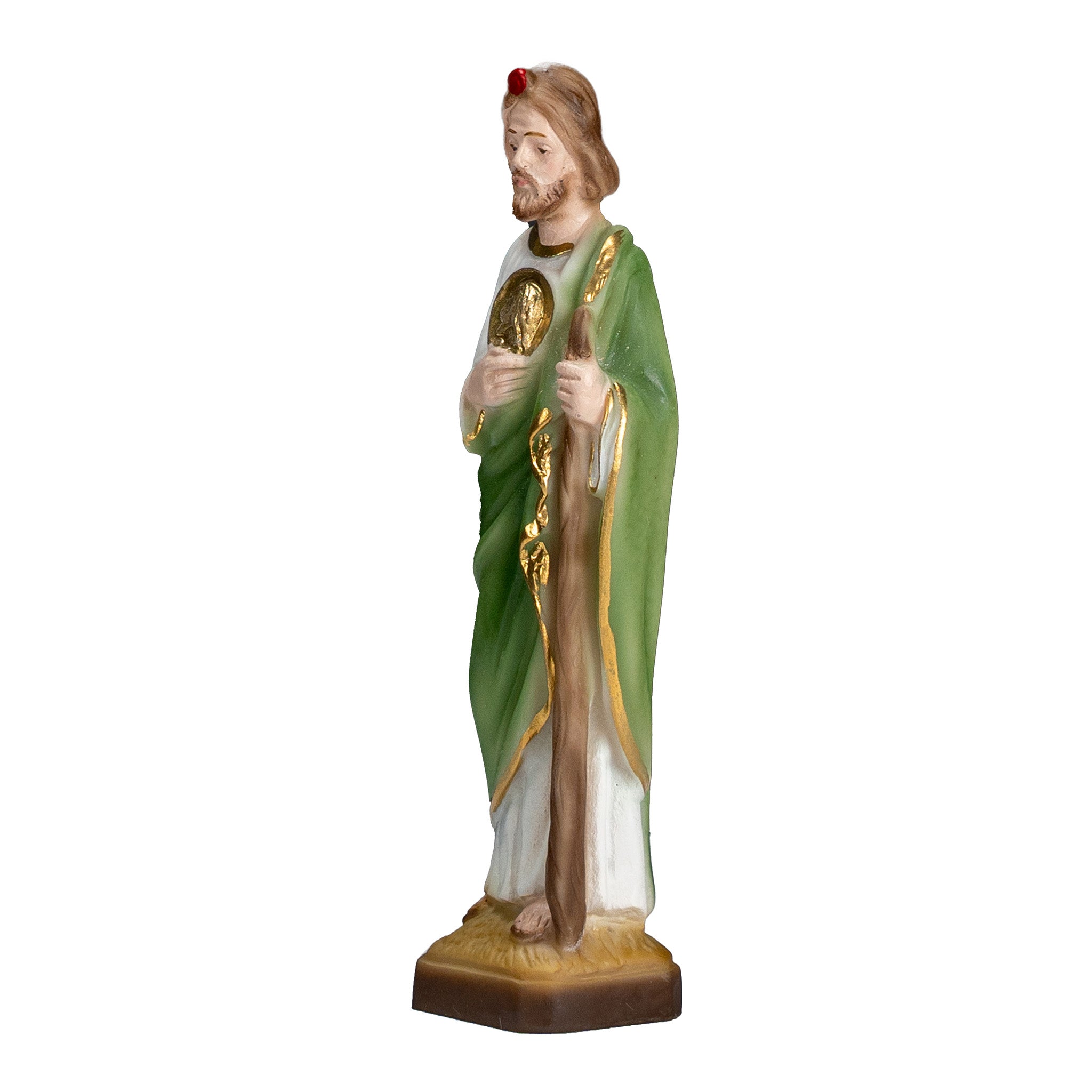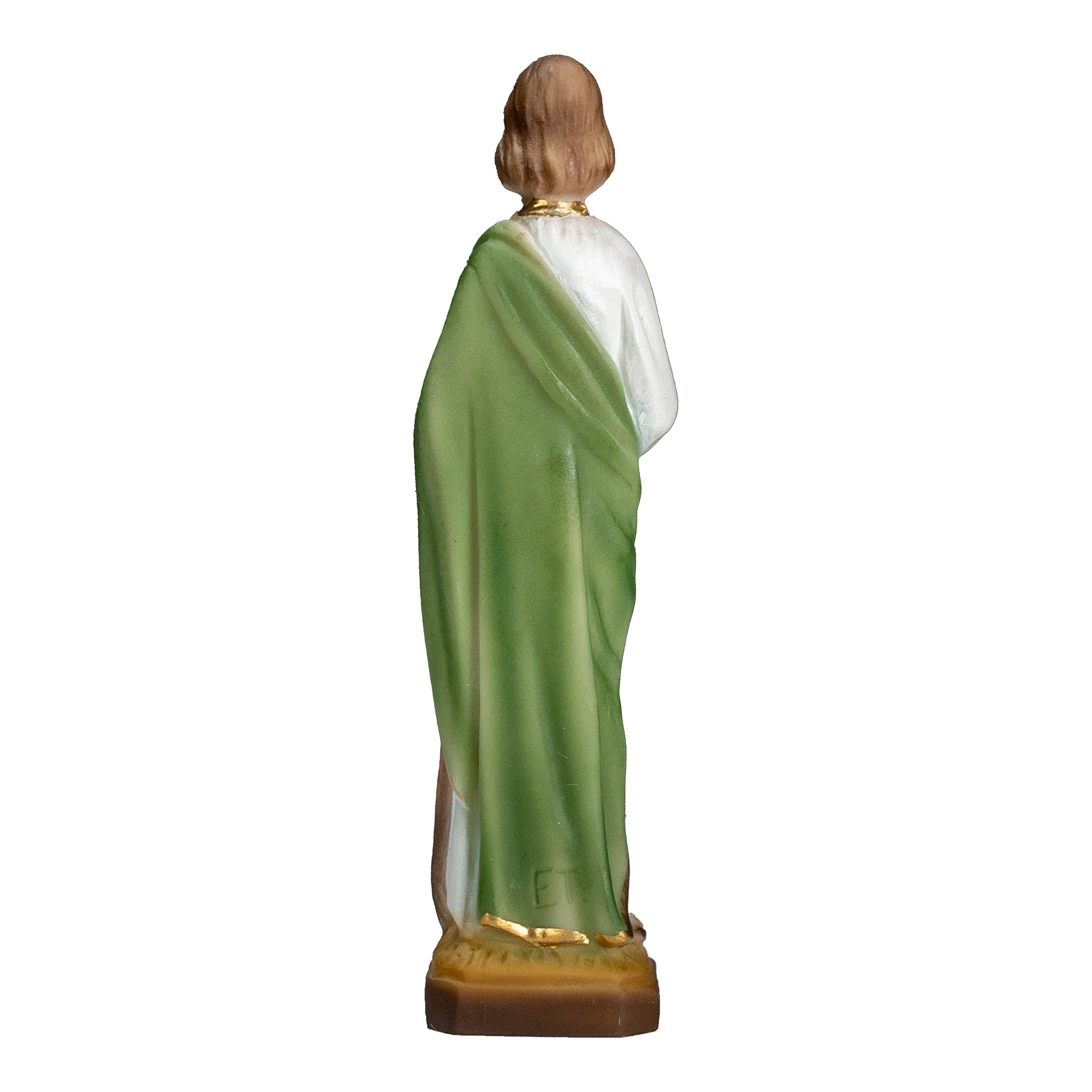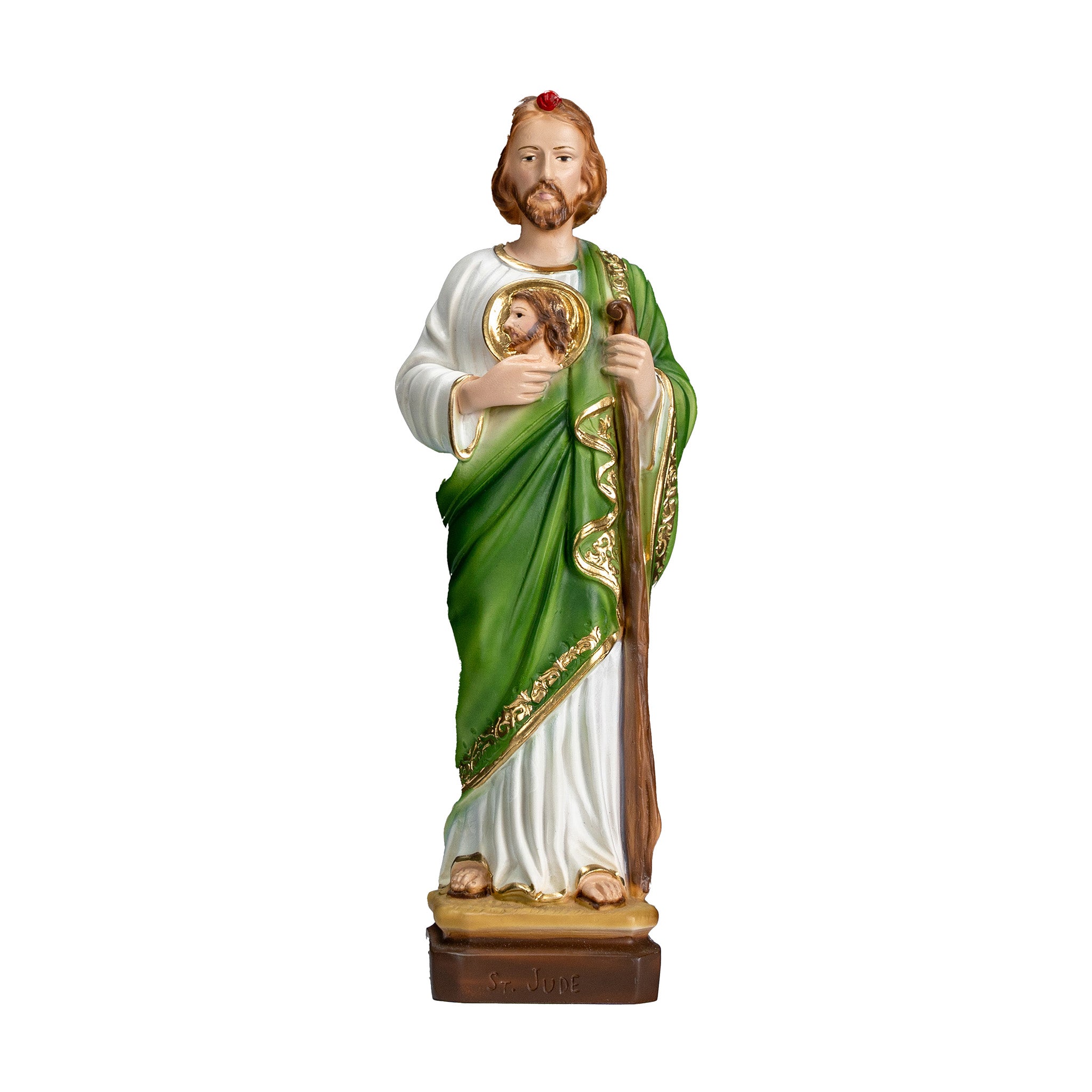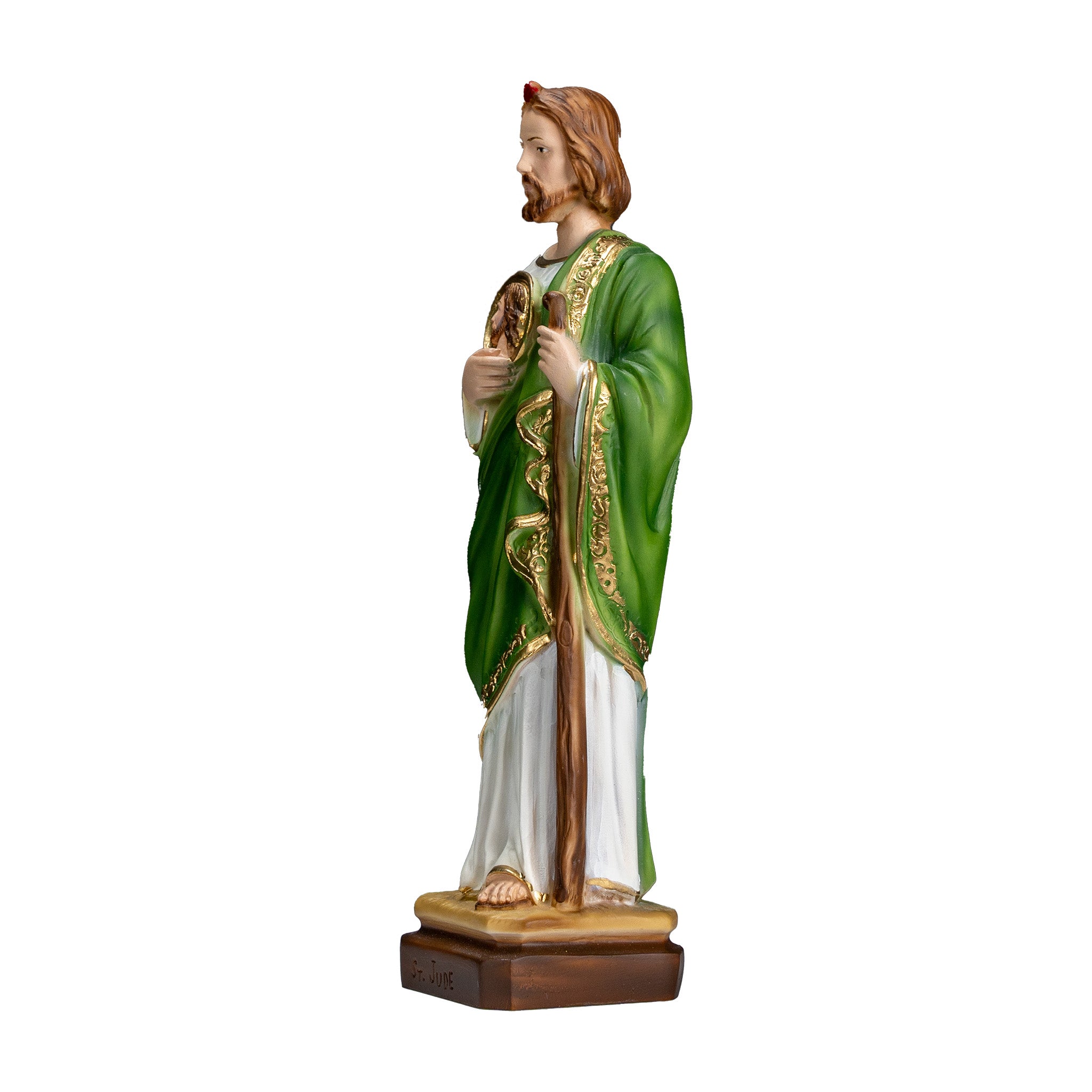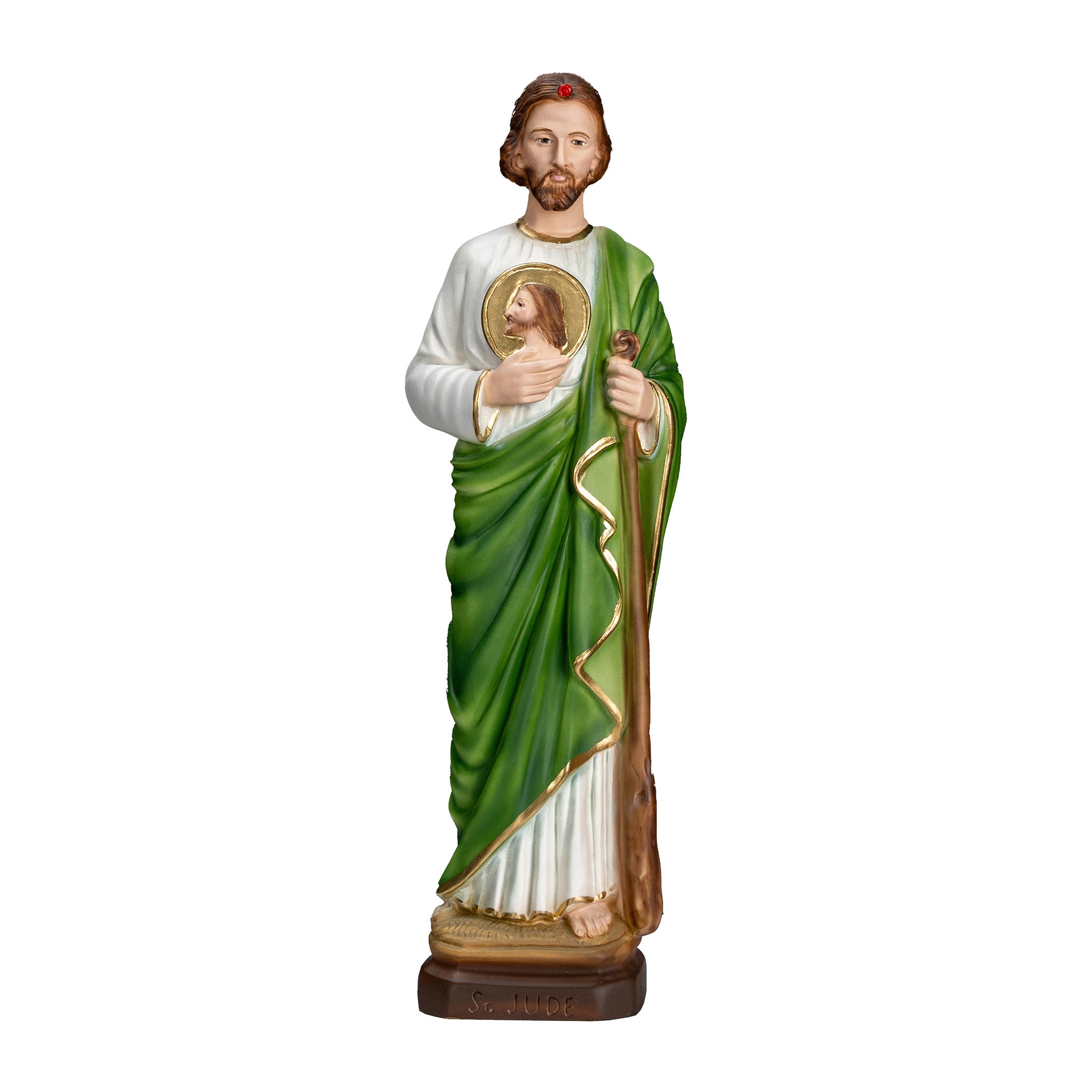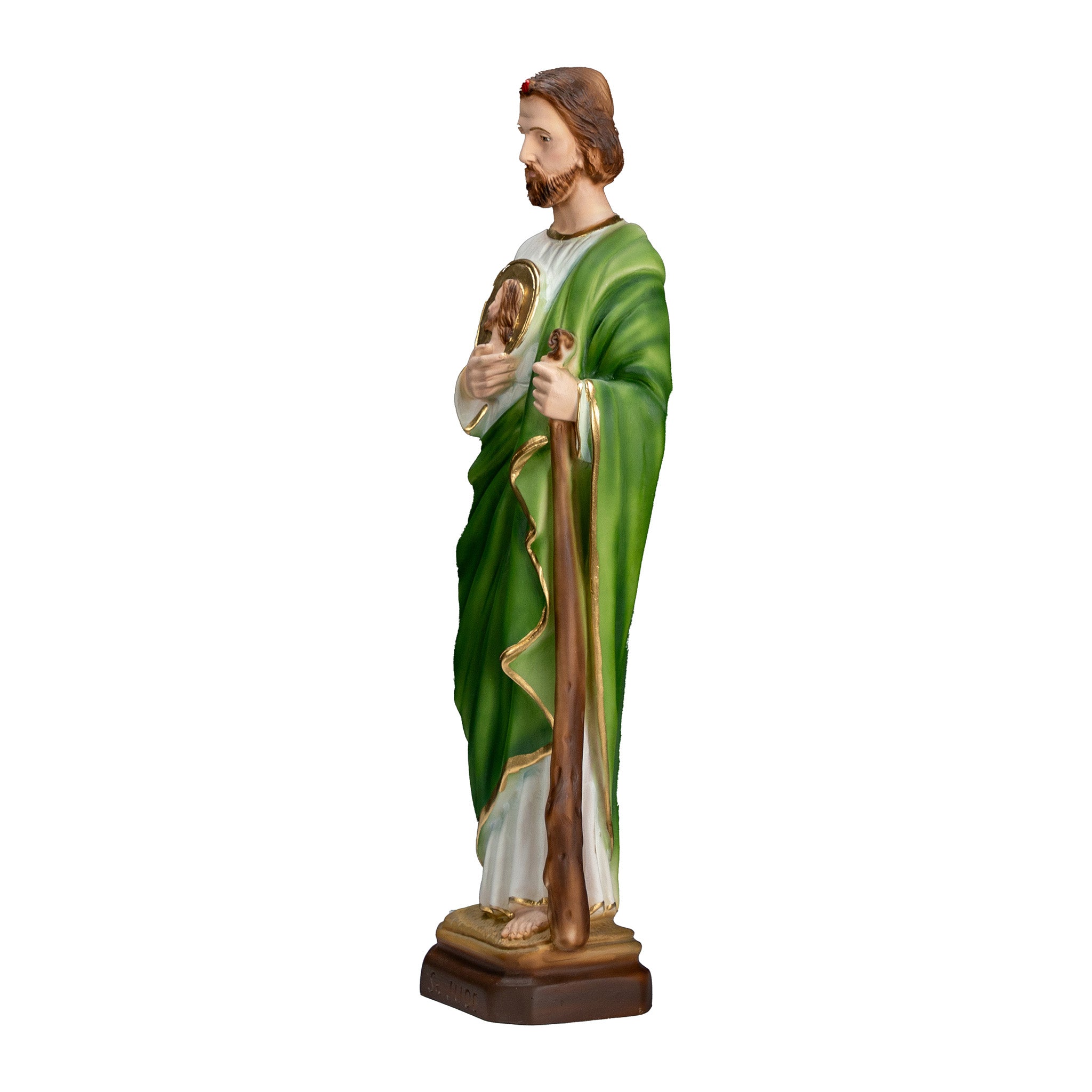Each year on July 11, the Catholic Church celebrates Saint Benedict, founder of the Benedictine Order and patron saint of Europe. His life and teachings continue to shape the spiritual foundation of monasticism, offering timeless wisdom on balance, humility, and devotion to God.
A Life Rooted in Faith
Born around 480 in Nursia (modern-day Norcia, Italy), Benedict grew up amid the political turmoil and spiritual confusion of a collapsing Roman Empire. Seeking a deeper connection with God, he left behind studies in Rome and embraced a life of solitude in a cave near Subiaco. It was here, in quiet contemplation and prayer, that his spiritual vision began to take shape.
People were drawn to Benedict’s wisdom and holiness, and soon communities formed around him. His approach was unlike the harsh austerity of other hermits—it emphasized moderation, community life, and the cultivation of virtue.
The Rule of Saint Benedict
At the heart of his influence is the Rule of Saint Benedict, a guide for monastic living that harmonizes prayer, work, and study. Rather than rigid dogma, the Rule encourages gentleness, humility, obedience, and mutual respect. Its motto—Ora et Labora (“Pray and Work”)—became the spiritual backbone of Benedictine life.
Even beyond monasteries, the Rule’s practical wisdom inspires balance in modern living. It teaches that holiness is not found only in grand gestures, but in daily acts of discipline, kindness, and service.
A Pillar of Civilization
Saint Benedict’s vision did more than shape monasticism—it preserved Christian tradition and classical learning during the Middle Ages. Monasteries became beacons of education, culture, and refuge amid chaos. For this reason, Pope Paul VI declared him the patron saint of Europe in 1964, honoring his role in renewing the continent’s spiritual and cultural life.
His legacy also includes miracles and moments of divine intervention. One well-known account involves Benedict making the sign of the cross over a poisoned cup, causing it to shatter—saving his life and affirming his divine protection.
Living Saint Benedict’s Legacy Today
Saint Benedict’s life offers a response to modern restlessness. In a world overwhelmed by noise and haste, his example reminds us to cultivate silence, reflection, and meaningful work. His Rule encourages hospitality, intentional living, and peace within community—values desperately needed today.
Celebrating his feast is an invitation to pause, reflect, and realign our lives with spiritual purpose. Whether we follow his Rule or simply embrace its spirit, Saint Benedict reminds us that holiness grows in the soil of everyday life.
Saint Benedict, guide us with your wisdom and intercede for us as we seek balance, faith, and peace.

